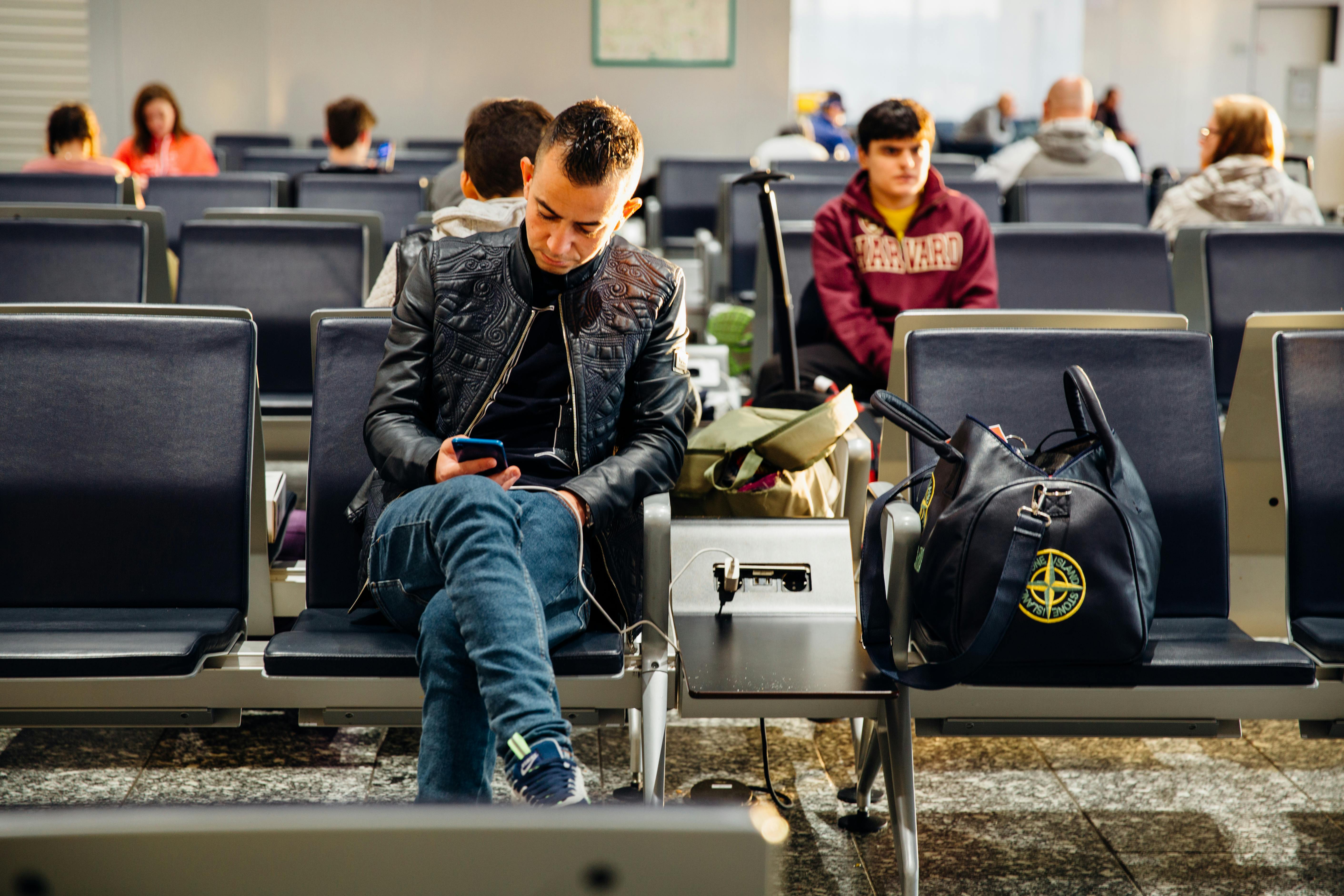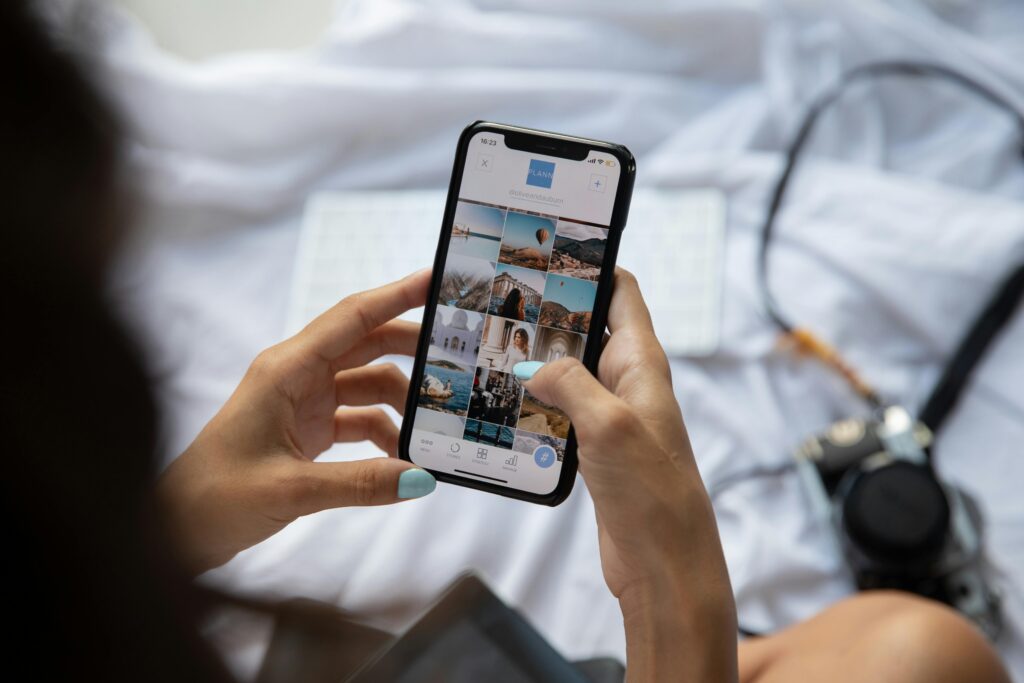
Studying abroad is an exciting adventure, but staying connected while traveling internationally can sometimes be challenging. For many international students, a smartphone is not just a device for communication—it’s a lifeline for navigation, keeping in touch with loved ones, and managing daily life. Here are some essential tips to help international students make the most of their smartphones while traveling.
1. Unlock Your Phone Before You Travel
Before you leave your home country, make sure your smartphone is unlocked. This allows you to use SIM cards from different countries and access affordable local plans instead of relying on expensive roaming fees. Contact your provider to unlock your phone, if needed.
2. Research Local SIM Cards
Purchasing a local SIM card in your host country is one of the most cost-effective ways to stay connected. Look into plans that suit your data, calling, and texting needs. Some providers, like PhoneBox, offer customizable packages that are perfect for international students who need flexible options.
3. Use Wi-Fi Whenever Possible
To save on data costs, connect to Wi-Fi networks whenever possible. Many campuses, cafes, and public areas offer free Wi-Fi, which can help you manage your mobile data usage. Be sure to use a VPN for security, especially on public networks.

4. Download Essential Apps Before Departure
Before you arrive in your new country, download all the essential apps you’ll need. These may include navigation apps like Google Maps, communication apps like WhatsApp or WeChat, and language translation tools. Having these ready beforehand will save time and data.
5. Backup Your Data Regularly
Traveling can bring unexpected risks, like losing your phone or having it stolen. Make sure to back up your important data—photos, contacts, documents—to cloud services like Google Drive, iCloud, or Dropbox. This ensures you won’t lose valuable information if your phone goes missing.
6. Invest in a Portable Charger
When you’re out exploring your new city, your phone will likely be your main source of navigation and communication. A portable charger is a must-have to keep your phone charged throughout the day, especially when you’re unsure when you’ll have access to an outlet.
7. Learn the Emergency Numbers in Your Host Country
In case of emergencies, it’s crucial to know how to get help quickly. Save the local emergency numbers (police, ambulance, fire) in your contacts. Also, make sure you have the contact information for your country’s embassy or consulate in case you need assistance.
8. Turn Off Data Roaming
To avoid unexpected charges, turn off your data roaming feature while you’re abroad. This ensures your phone won’t automatically connect to mobile networks and run up expensive fees. Instead, rely on Wi-Fi or use a local SIM card to stay connected.
9. Keep Your Phone Secure

It’s always important to keep your phone safe, especially when traveling. Use a password or fingerprint lock to secure your device, and be mindful of your surroundings when using your phone in public spaces. Consider investing in a durable case and screen protector to prevent damage.
Conclusion
Your smartphone is an invaluable tool while studying abroad, helping you stay connected, organized, and safe. By following these tips, international students can enjoy the benefits of their smartphone without worrying about unexpected costs or complications. Happy travels!


One Response
Can smartphones be a double-edged sword for international students, providing both convenience and potential distractions while studying abroad?”,
“refusal